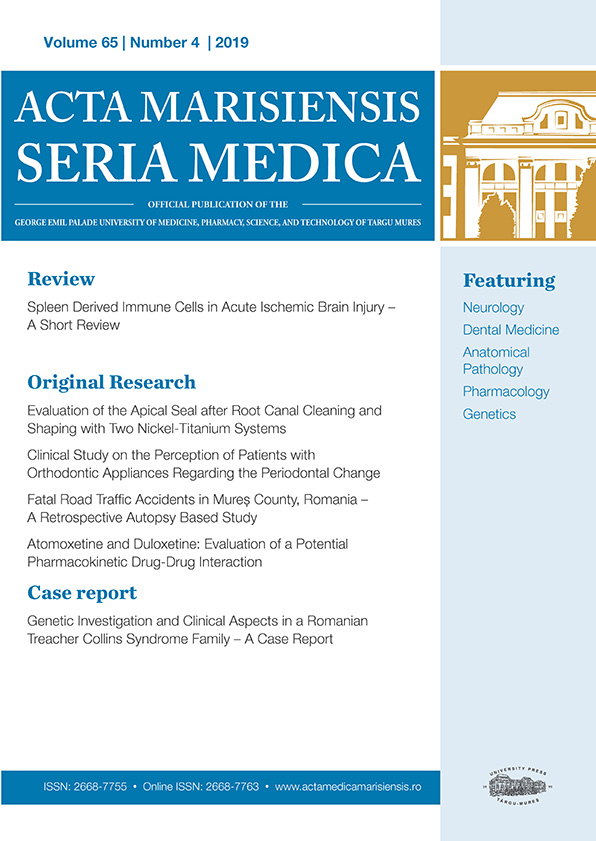Risk Assessment of Failures in Generic Drug Development and Approval Procedure under Competitive Generic Drug Therapy and Patent Challenge Exclusivities Provided by the United States Food and Drug Administration
Risk assessment of CGT and PC Exclusivity drugs
DOI:
https://doi.org/10.2478/amma-2022-0004Keywords:
Generic drug exclusivity, Competitive generic therapy, Patent Challenge exclusivity.Abstract
Objective: The United States Food and Drug Administration implemented two exclusivity programs Competitive generic therapy and Patent Challenge exclusivity to develop generic drugs, which provide a 180-day monopoly market for first generic applicants in the United States of America. To find the root cause of failures in developing and filing the first generic drugs under these exclusivities and to compare both the exclusivities to find the merits and demerits.
Methods: We used descriptive statistics for data analysis of both the exclusivities and Risk assessment was conducted on 14 industries to find the root cause of failures in every stage of the approval procedure by FECA (Failure mode, Effects and Criticality Analysis).
Results: We found 44% of rejections in competitive generic therapy drugs and 30% of rejections in patent challenge exclusivity drugs. The risk analysis conducted on failures found that, in drug selection, 6% of failures are occurred due to rare diseases. In drug development, 9% of failures are occurred due to formulation failures. In pre-approval, 10% of failures are occurred due to secondary patents. In post-approval, 6% of failures are occurred due to product changes after approval.
Conclusion: We hope this study can give an idea for small and medium companies in developing countries for the early development of generic drugs for life-threatening diseases.
Downloads
Published
How to Cite
Issue
Section
License
Acta Marisiensis Seria Medica provides immediate open access to its content under the Creative Commons BY 4.0 license.









